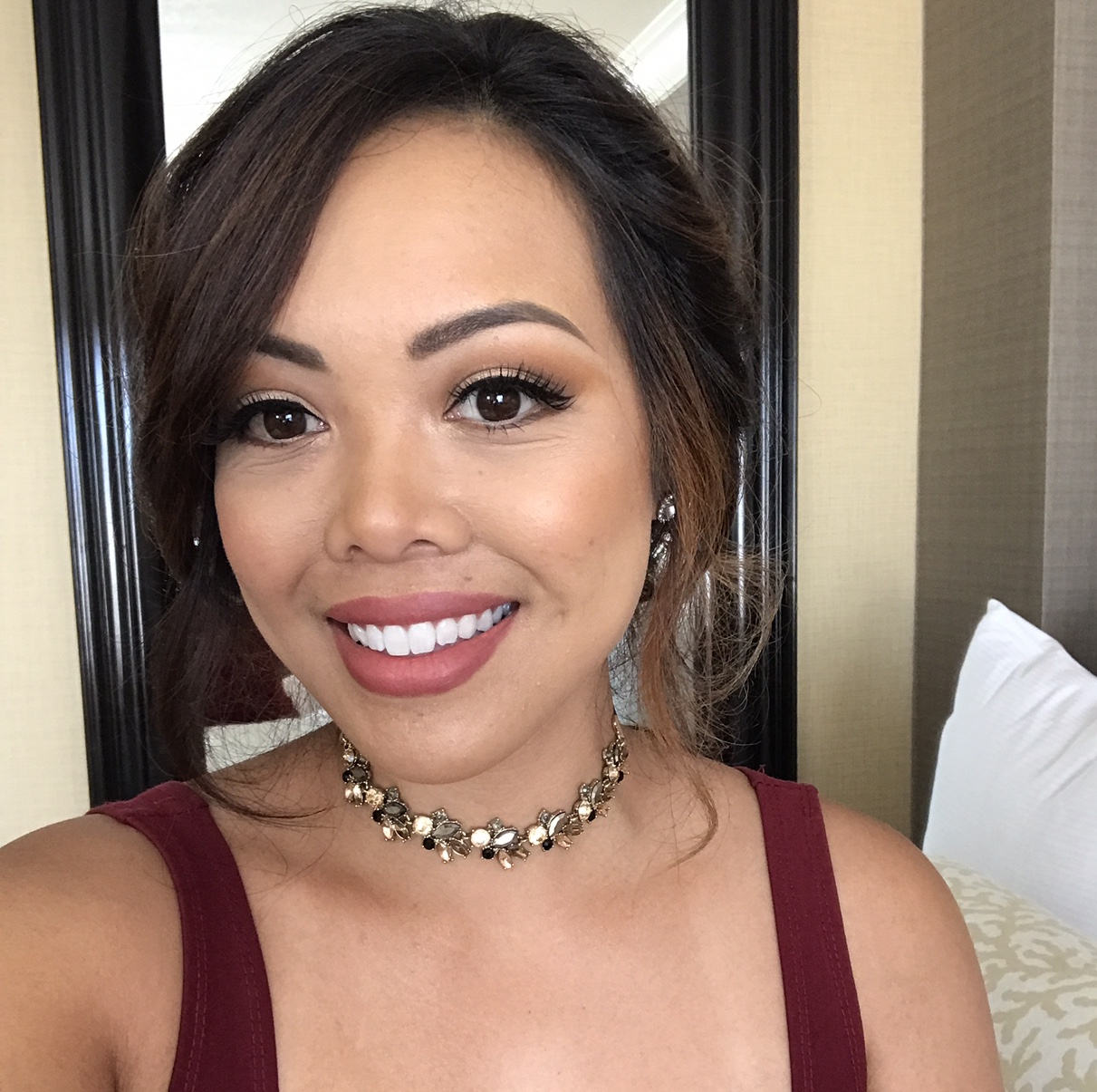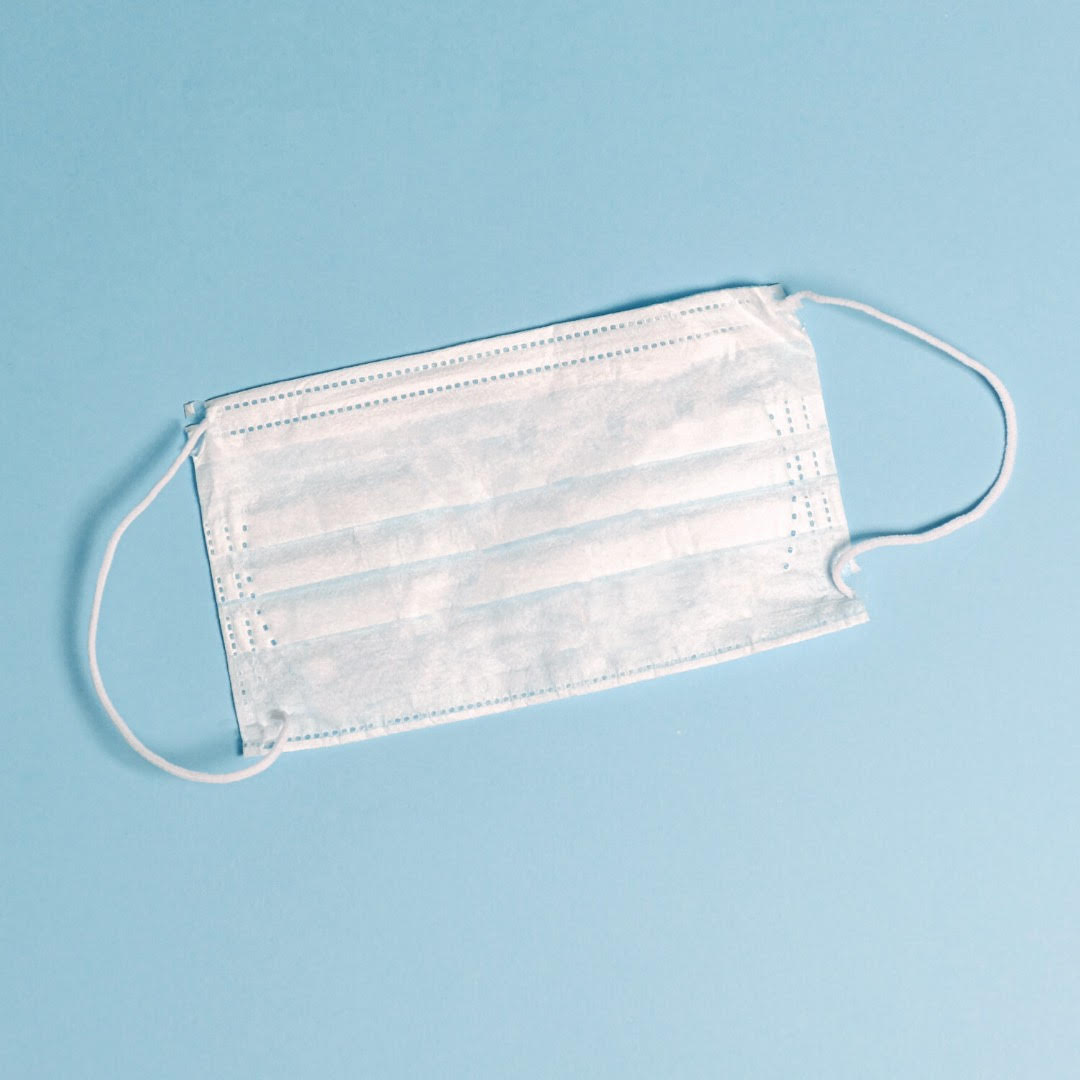COVID-19 taught me one important money lesson.
It feels wrong of me to write about anything that isn’t COVID-19 related. The virus has figuratively infected our lives and literally infected our people.
First off I need to express my gratitude in presently having good health and a stable job. I pray that this continues during the pandemic and throughout my life after. Second, my prayers are with those who have been affected by COVID-19 and also those who are now unemployed.
Before COVID-19 reached American soil, our lives we functioned at high speed. We continued business as usual and had no idea of what was to come.
COVID-19 vs. everybody
California Governor Gavin Newsom has extended the Stay At Home Order until May 15th. There’s still a possibility for this to be extended. Read about the Stay at Home Order here.
Businesses essential to the critical infrastructure of our economy are open, nonessential businesses are closed. People are out of jobs and unable to make money.
Social gatherings are not allowed to prevent people from congregating in groups.
Students, teachers, and professors have switched from traditional in-person to strictly online learning.
Older adults are at the greatest risk and the highest chance of death from COVID-19 because of their preexisting health conditions. They need help to obtain groceries, medication, and other basic necessities.
Patients in hospitals aren’t allowed to have visitors. No one can be with them during their time of need. Pediatric patients are allowed 1 designated visitor. Adult patients are only allowed visitors if they’re nearing the end of their life.
Essential workers, grocery store clerks, delivery workers, etc. are at risk of getting the virus from the community.
Healthcare workers are short Personal Protective Equipment such as surgical masks, N95 masks, gowns, gloves, disinfectants, and other necessities. Many have quarantined themselves away from their families to decrease the chance of exposing them to COVID-19.
All this is just to say: Normality is at a standstill and it will be a while before we attain the kind of lifestyle we had before.
Why we should have money in an emergency fund
The pandemic taught me why we should have an emergency fund for two reasons:
- Losing a job
- Becoming unable to work
You might lose your job
If you need to file for unemployment click here for guidance.
2.8 Million Californians have filed for unemployment since March 14. Read more about unemployment claims by state here.
If I lost my job when California went on lock down, I would’ve had a $3,677.98 student loan and a $1,000 emergency fund. My student loan would’ve fallen into delinquency with legal repercussions from Wells Fargo and my emergency fund would’ve only lasted 1.5 months.
I’m thankful I still have a job and physically able to work and save money! Which leads me to my next point:
You might become unable to work
As of April 27, 2020, there are 45,031 cases with 1,809 fatalities in California and 960,916 cases with 49,170 fatalities overall in the United States. Refer to your state’s Department of Public Health or the World Health Organization for accurate numbers.
When someone becomes COVID-19 positive they’re required to quarantine at home and not return to work until symptom free. The duration of these symptoms varies per person, but is at least 14 days long. Read about the CDC guidelines for coronavirus here.
I worry for those who are sick with the coronavirus. Dealing with the symptoms is not easy. They also have to quarantine themselves away from their families. Some are the only source of income or bring in the majority of the money in their family. What if these same people lose their lives?
Even if you have a stable job, unexpected sickness may prevent you from working.
How much money should I save?
Save however much you can, but depending on your financial situation, strive for one of the following:
- $1,000
- 3 – 6 months of expenses
- 12 months of expenses
$1,000
When I started my journey to becoming debt free I was an adamant follower of Dave Ramsey. Read about how I planned to get out of debt here.
Dave Ramsey’s Baby Step 1 is to save $1,000 as a beginner emergency fund (EF) while paying off debt.
In my example above, if I lost my job during COVID-19, $1,000 would only last me 1.5 months. The Stay at Home order will be implemented for 2 months, so this EF would not be enough for me.
3 – 6 months of expenses
A 3 month emergency fund is recommended for those who have more security in their jobs. If I was still paying off debt, I would’ve increased my $1,000 EF to a 3 month EF.
Aim to save 6 months of expenses if you’re debt free. I recently paid off my student loans and saved up for a 6 month EF.
12 months of expenses
God forbid anyone remains unemployed for a year! But if you’re up for it and have some extra cash, stash it in your emergency fund so you can have some cushion in your EF.
“Spending money is easy, saving money’s the real flex.”
Nash Grier
Sadly, it took the whole nation to lock down in order for me to see how important it is to save money in an emergency fund. It’s essential to everyone’s personal finance portfolio, global pandemic or not.
Stay safe and at home
Keep up with COVID-19 news from the CDC here.
For more resources and ideas what to do during lock down, click here.
I pray that you remain safe and healthy and hope we can be mindful of our blessings despite the drastic lifestyle changes!
Millennial Challenge
- If you were to lose your job, how many months would you be able to live off your savings?


